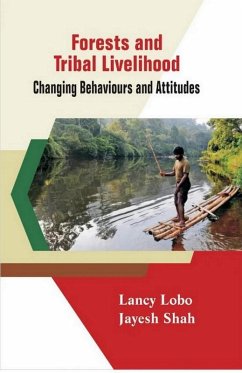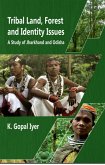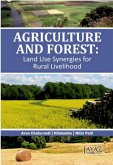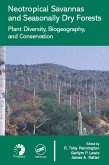This book is about the changing character of forests and of livelihood of the forest-dwelling tribal people in India since independence, with particular reference to Gujarat. It analyses the impact of a number of interventions by the Central and the State Government, such as construction of dams, setting up of industries, and other developmental activities in these areas. It reviews, in particular, various laws adopted by the British colonial government as well as the government of Independent India regarding forests and the tribals, and how the tribal customary laws conflict with the laws of the modern state. Another focus of the book is the migration of the tribals, temporary or permanent, from rural to urban areas, from one rural area to another, or from one town to another. It analyses, in particular, how a number of tribals retain strong links with their original villages for the benefit of household members in both locations, and how increased migration has caused cultural disruption. The book dwells into the decreasing dependence of the tribals on the forest and its products, and the increasing adoption of alternative sources of livelihood such as dairy farming, horticulture, and modern techniques in agriculture. Finally, the book critically reviews policies regarding forests and the tribals, and suggests amendments.
Dieser Download kann aus rechtlichen Gründen nur mit Rechnungsadresse in A, B, BG, CY, CZ, D, DK, EW, E, FIN, F, GR, HR, H, IRL, I, LT, L, LR, M, NL, PL, P, R, S, SLO, SK ausgeliefert werden.









